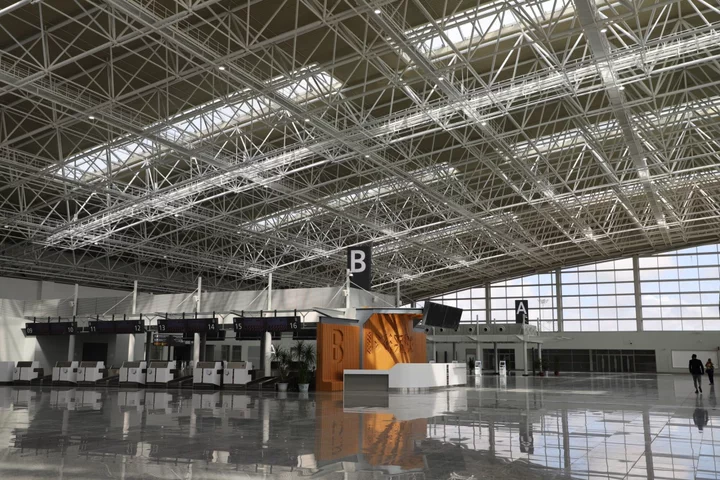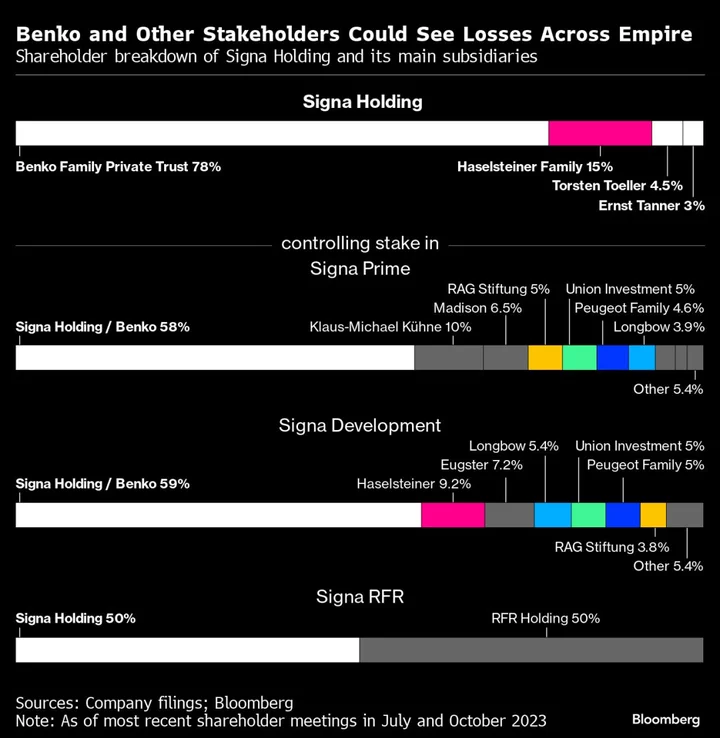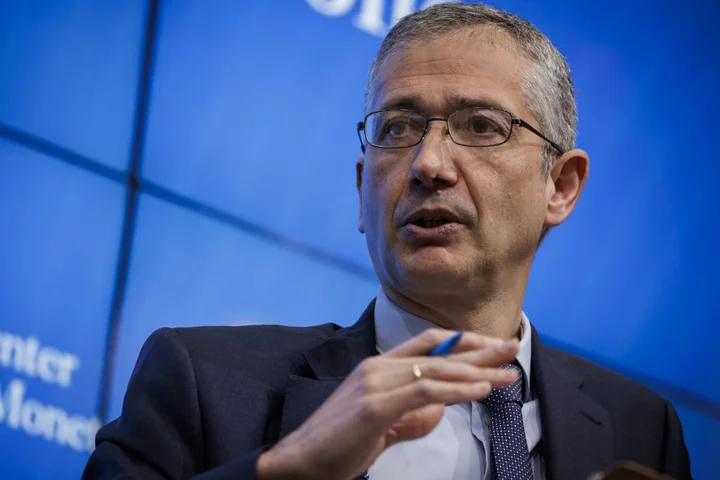Angola will open a tender on Friday to operate a newly-built international airport in Luanda for as much as 40 years, a deal expected to bring around $700 million to state coffers.
Transport Minister Ricardo Viegas d’Abreu said Africa’s second-biggest oil producer had already received several letters of interest from airport management companies in Europe, the Middle-East, Africa and Asia.
“We’ve been engaging directly with some of them and I believe that we are on the right track,” Viegas d’Abreu said in an interview Thursday. While companies can bid in a consortium, the minister said he favored proposals from airport operators over those from investment funds.
A final decision on a new operator for the airport, which is expected to handle 15 million passengers a year, should take nine to 10 months, he said. Only companies with experience of managing airports with a capacity of at least 10 million passengers a year are eligible to apply.
“We don’t see that we will have 20 contenders for this process,” said Viegas d’Abreu, a former banker who has been transport minister since 2018. “There aren’t 20 or 50 operators with the capacity to manage this airport.”
The Dr. Antonio Agostinho Neto Airport, named after the nation’s first president, was officially opened last week, six years after it was scheduled for completion. The $3 billion Chinese-built venue is one of the biggest infrastructure projects inaugurated by President Joao Lourenco, whose government is trying to attract tourists, as well as foreign investment to sectors such as farming, to diversify the nation’s oil-dependent economy.
The southern African nation boasts long sandy beaches, tropical forests, mountains, waterfalls and a desert along the Atlantic coast near its southern border with Namibia. But despite an increase in leisure accommodation, tourism still accounts for just a fraction of visitors to Angola.
The government has been trying to change that by rebuilding roads, revamping local airports and waiving visa requirements for visitors from 98 countries, said Viegas d’Abreu. The new airport operator will play a key role in boosting international travel.
“We’re looking for a player that can open up new routes, open up new destinations, bring new carriers to Luanda and to Angola as well,” said Viegas d’Abreu. The goal is to turn Luanda into a “very important hub in terms of transit for passengers,” he said.
The airport concession is for 25 years and can be extended by another 15 years. The airport is currently managed by the state.
Airline Sale
Angola is working on restructuring its national airline TAAG before seeking a partner for the state-owned carrier, said Viegas d’Abreu. TAAG posted a net profit of 460 million kwanza ($550,840) in 2022 compared with a loss of 80 billion kwanza the previous year.
“Things are moving very well so far,” said the 54-year-old minister. “We don’t want to go to the market searching for a potential partner for TAAG without having TAAG at least in a position that can value itself.”
The government will “hopefully” be able to engage with an international partner for TAAG by 2025, he said. The Luanda-based airline’s biggest attraction lies in its links to Angola’s provinces and regular flights to Portugal and Brazil.
“We haven’t decided to whom, how much or what percentage we want to sell,” said Viegas d’Abreu. “We’ve seen a lot of countries with hiccups with their flag carriers and we don’t want to go down the same path.”
--With assistance from Mike Cohen.
(Adds with details about Angola’s tourism sector in seventh and eighth paragraphs)
Author: Henrique Almeida, Candido Mendes and Matthew Hill









